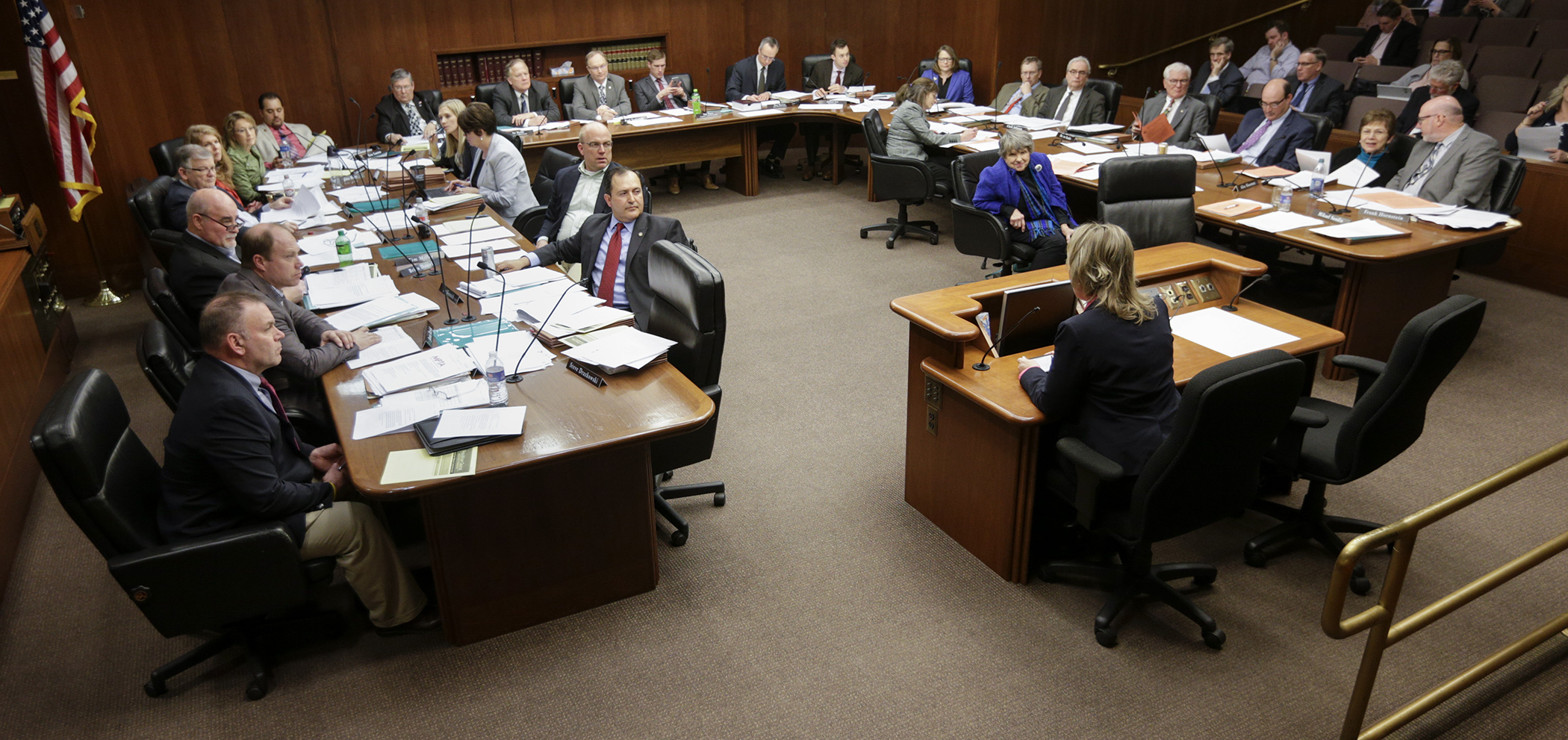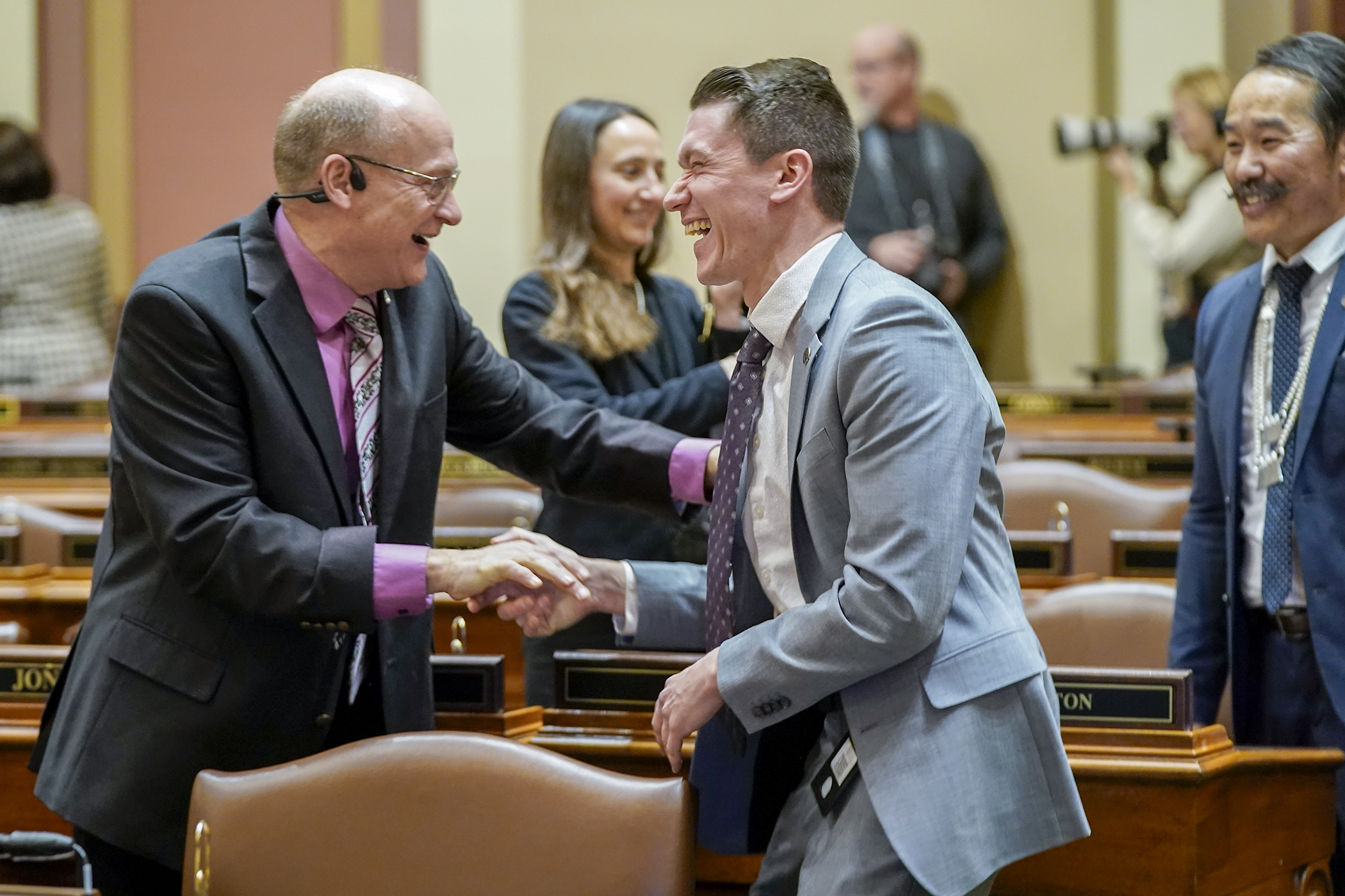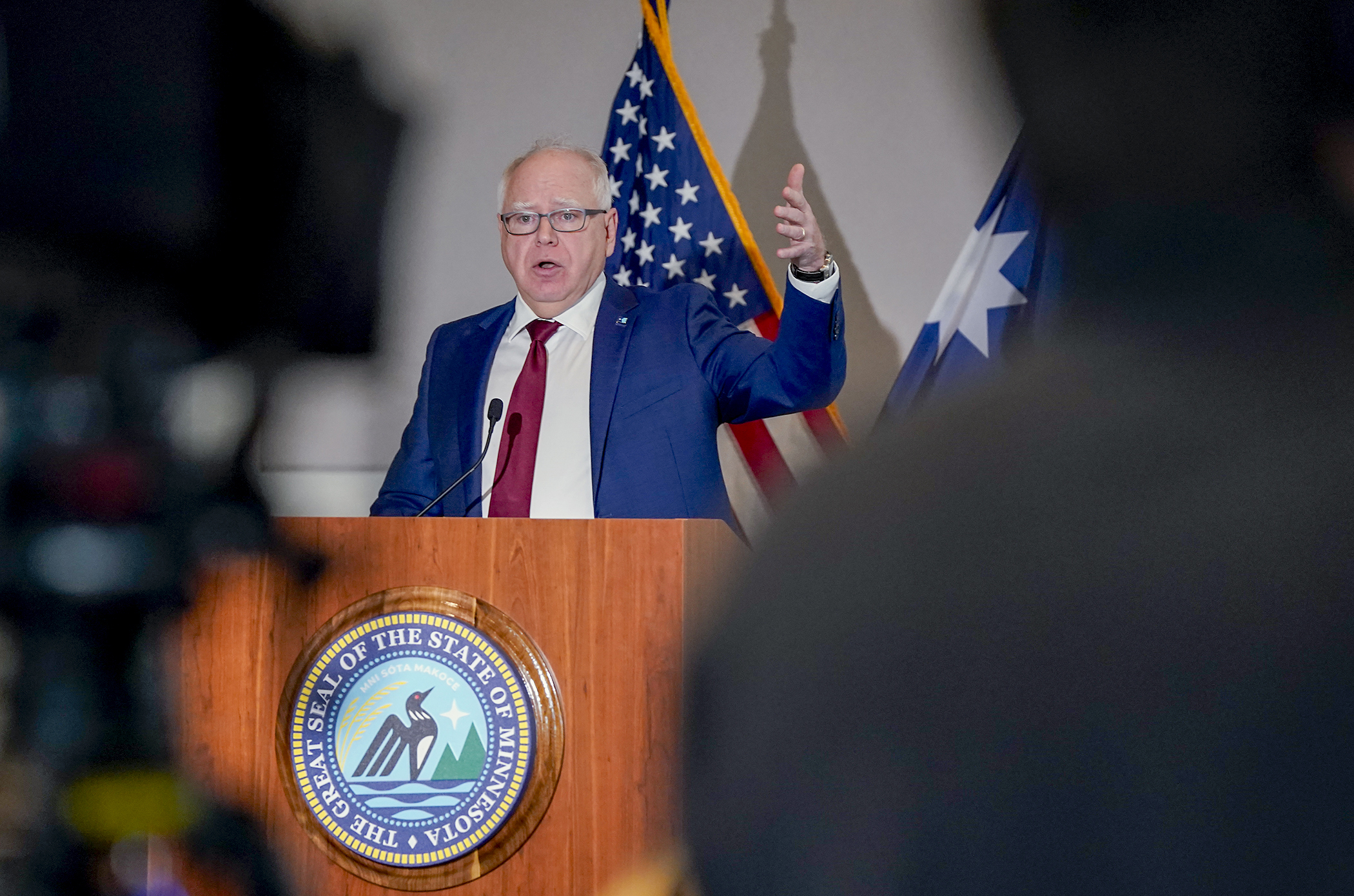House transportation panel advances omnibus finance package

An omnibus transportation finance bill that would pump another $101 million into transportation projects across the state over the remainder of the biennium is continuing to motor toward the House Floor.
Rep. Paul Torkelson (R-Hanska) sponsors HF4160 that was approved, as amended, Thursday by the House Transportation Finance Committee. It would provide $101 million in supplemental transportation funding in Fiscal Year 2019 and $40 million for the 2020-21 biennium.
The proposed legislation also includes $250 million in trunk highway bonding for road construction projects across the state, and a laundry list of policy measures.
It now goes to the House Ways and Means Committee, its final stop before the full House. A companion, SF3806, sponsored by Sen. Scott Newman (R-Hutchinson), awaits action by the Senate Transportation Finance and Policy Committee.
Torkelson, who chairs the committee, called the omnibus bill “a promises made, promises kept bill.” The comparatively generous budget target that Republican leadership provided transportation, he said, helped make up for the slimmed-down transportation package that emerged from end-of-session negotiations last May.
Supporters of the bill praised its focus on the state’s highways, and local roads and bridges — those areas of the state’s transportation system would be the biggest beneficiaries under the legislation.
Rep. Frank Hornstein (DFL-Mpls), however, said he’s frustrated “by what’s not in the bill.”
He cited the exclusion of $33 million in funding that state officials requested to continue fixes to the state’s troubled vehicle registration system, called MNLARS, and also criticized a lack of supplemental funding for Metro Transit bus and rail operations in the Twin Cities metropolitan area.
That lack of transit funding, he said, will mean big cuts in local bus services for the state’s most populous region next year.
“We had an opportunity to fund all modes of transportation and help a lot of people,” Hornstein said. “And I think we fell short.”
Amendments added
A handful of amendments were adopted Thursday before the committee approved and re-referred the bill. Among the amendments added to the legislation include those that would:
- require the Department of Transportation to erect signs along Interstate 35 near Faribault directing motorists to the campuses of the Minnesota State Academy for the Deaf and Minnesota State Academy for the Blind;
- allow a one-time exemption to let the Anoka County Regional Rail Authority use reserve funds toward the county’s share of Northstar commuter rail operating and maintenance costs;
- extend a signage pilot program directing motorists to the Two Harbors waterfront from 2021 to 2024; and
- require the five counties that were formerly a part of the since-dissolved Counties Transit Improvement Board — Anoka, Dakota, Hennepin, Ramsey and Washington counties — that collected a sales tax as part of their joint powers agreement to submit a report on uses of funds to the House transportation committees.
Related Articles
Search Session Daily
Advanced Search OptionsPriority Dailies
Full House convenes for first time in 2025, elects Demuth speaker
By Tim Walker DFL, Republicans convene with a quorum for the first time in 2025 session after agreeing to a power-sharing deal.
DFL, Republicans convene with a quorum for the first time in 2025 session after agreeing to a power-sharing deal.
Walz proposes slimmed-down 2026-27 state budget, sales tax changes
By Tim Walker This is an odd-numbered year, and so the Legislature is constitutionally required to craft a budget to fund the state government for the next two fiscal years.
Gov. Tim Walz...
This is an odd-numbered year, and so the Legislature is constitutionally required to craft a budget to fund the state government for the next two fiscal years.
Gov. Tim Walz...